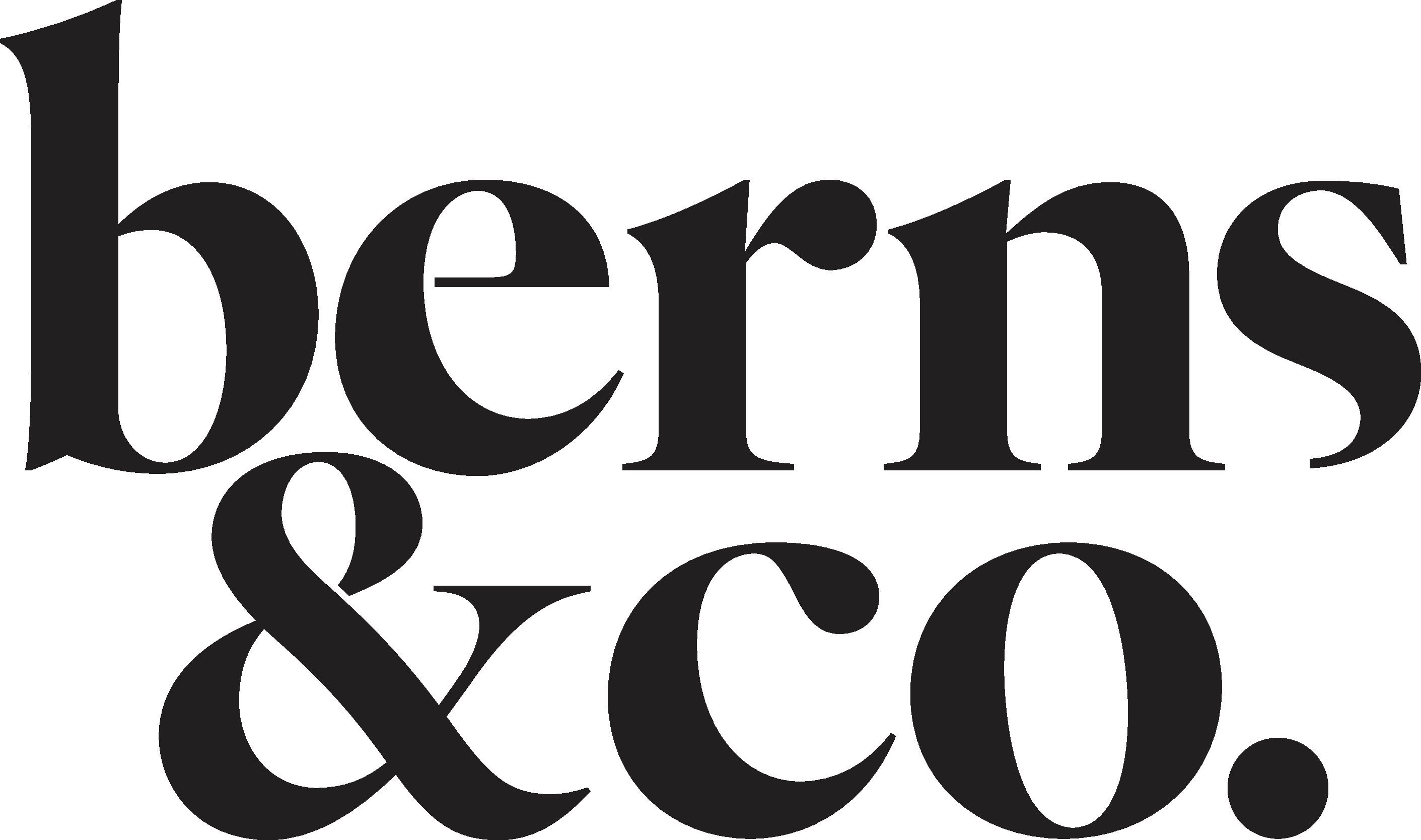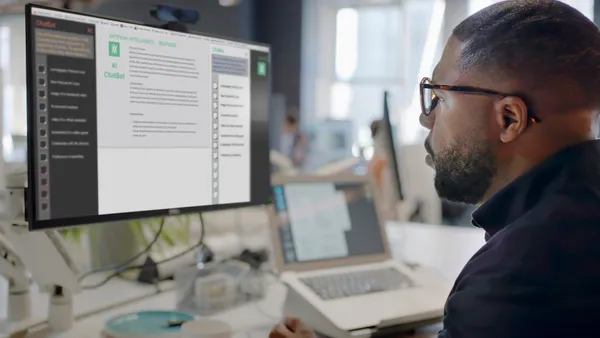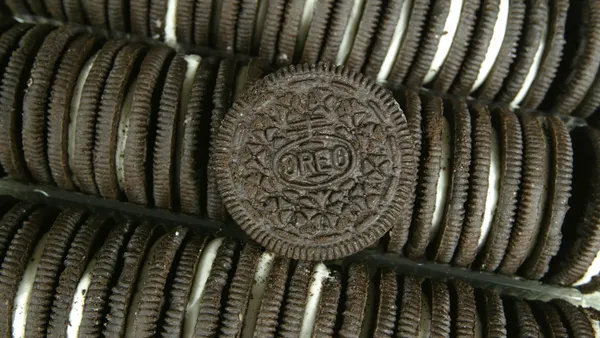Omnicom’s Q2 was a mixed bag, though organic revenue, an important measure of agency health, landed in line with company expectations and media and advertising increased 8.2%. Other segments of the business experienced a punishing quarter, with sharp declines in branding and retail commerce (down 17%) and public relations (down 9%). The hit to new brand launches and rebranding initiatives was attributed by Omnicom CFO Philip Angelastro to “uncertain market conditions,” another sign the trade war and associated economic volatility are coming home to roost for advertising. Rival WPP earlier cut its forecast for the year, citing deteriorating macro conditions. Omnicom upheld its full-year guidance, with expectations of organic growth between 2.5% to 4.5%.
One point of optimism for the group: Omnciom recently cleared a key regulatory hurdle in finalizing its over $13 billion acquisition of rival Interpublic Group, with the deal on track to close in the second half. Omnicom and IPG in June agreed to an FTC consent order that bars them from coordinating or colluding to direct ad spend away from publishers based on political views, an agenda item of the Trump administration.
"Our long-standing strategy has always been rooted in the belief that data and technology supercharge creativity. In today's world, especially with the rise of generative AI, breakthrough creativity is more valuable than ever."

John Wren
CEO, Omnicom
The IPG combination is expected by executives to realize $750 million in cost savings while creating the world’s largest agency. Omnicom has been busy streamlining its organization to prepare for the acquisition, aligning data and technology assets including Omni, Omni AI, ArtBot and the Flywheel Commerce Cloud into an “end-to-end platform organization,” said CEO John Wren on a call discussing the Q2 results with analysts. That platform will be further enhanced and scaled by IPG data offerings such as Kinesso and Acxiom following the deal’s close.














